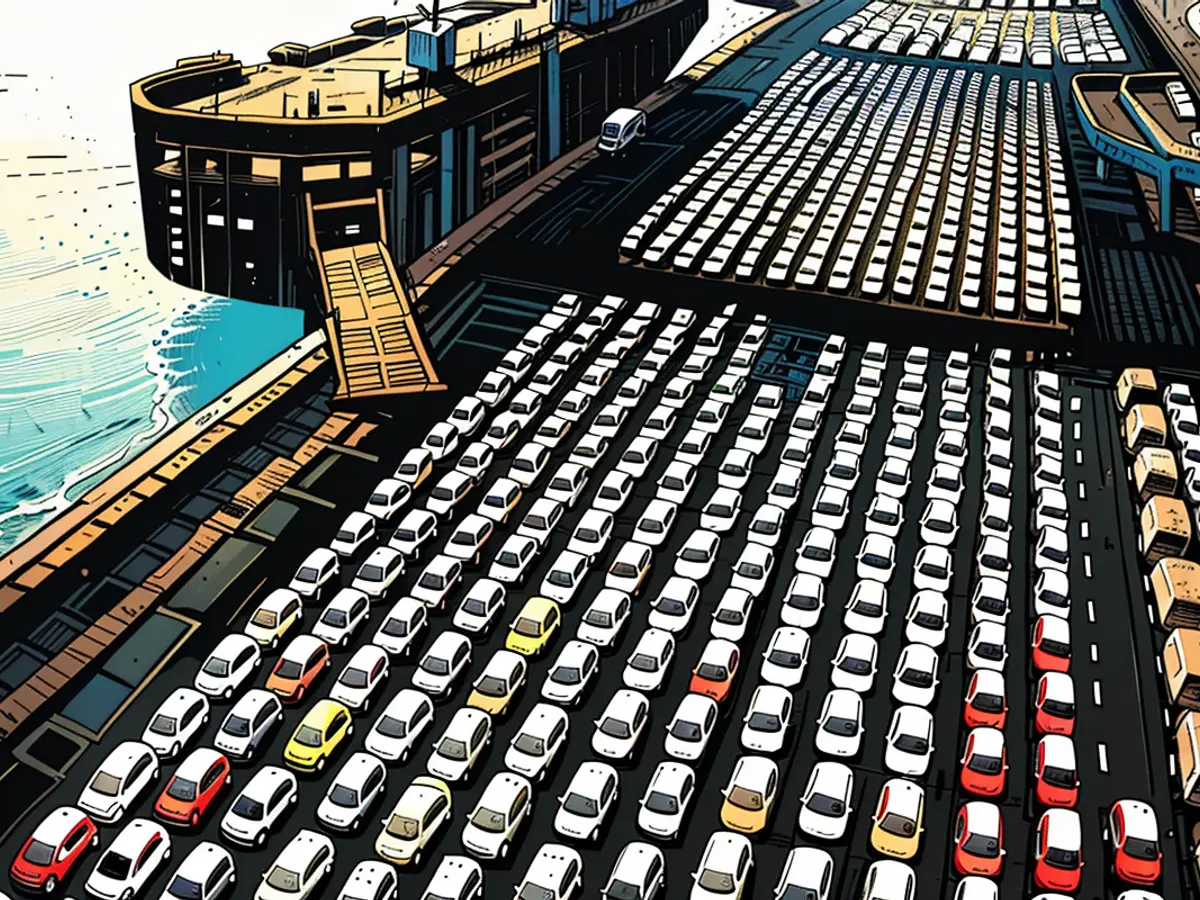- Despite the ongoing automotive industry crisis, a seasoned analyst remains optimistic.
Amidst the ongoing challenges and negative sentiment in Germany's automotive sector, Ifo expert Anita Wolf remains optimistic. She refrains from writing off the industry entirely, even considering the recent negative sentiment report by Ifo. According to her, the automotive sector has weathered numerous crises in the past and will undoubtedly face more in the future.
The industry's ability to bounce back and innovate during adversity is something Wolf highlights. This adaptability is evident in the way it navigated supply chain issues and developed electric powertrain patents in recent years.
Wolf opines that manufacturers acted too late
In Wolf's view, this resilience is also visible in the suppliers. "From my perspective, most have adapted quite well," she remarks. This adaptation is particularly noticeable among those who prepared for the transition to electric vehicles.
However, Wolf also recognizes the challenges the industry is currently facing. She criticizes the automotive sector for its late response to electrification, arguing that it lags behind new electric vehicle manufacturers, particularly from China. Additionally, shifting customer expectations, particularly in the crucial Chinese market, pose a challenge. Here, German manufacturers are yet to catch up in terms of offering in-car information and entertainment options.
ADAC heralds the first significant stride in electric vehicle promotion
Beyond these structural issues, the automotive industry is also affected by the global economic slowdown, which hits export-dependent sectors hardest. The Ifo's recently published monthly industry climate report shows a significant drop in export expectations, with a value of -29.6 points, the lowest in years.
According to ADAC, a potential escape from this predicament is the proposed promotion of electric-powered company cars. The government has already signaled tax incentives for such vehicles. "Roughly two-thirds of new car registrations here are for commercial users, who are still hesitant about purchasing or leasing purely battery-electric vehicles," says ADAC. Such tax incentives would benefit manufacturers and consumers alike, as these vehicles would become more accessible on the used car market after a few years.
The current crisis in Germany's automotive sector, highlighted by the low export expectations in the Ifo's monthly industry climate report, has led ADAC to propose the promotion of electric-powered company cars with potential tax incentives. This crisis, coupled with the industry's late response to electrification and challenging customer expectations, especially in the Chinese market, has put German manufacturers under pressure to innovate and adapt.








